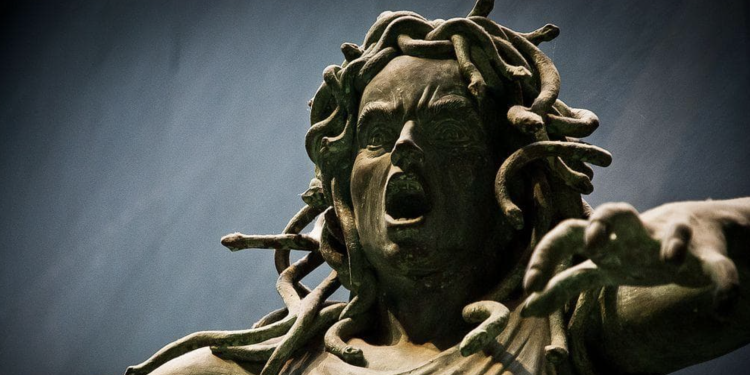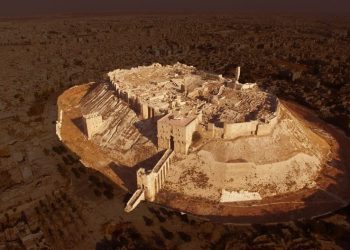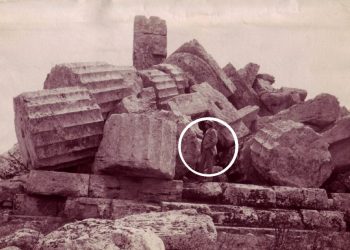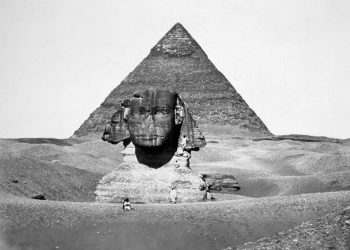Greek mythology is filled with an array of strange and mysterious beings, from Centaurs to Harpies and beyond. These enigmatic mythological beings have captivated imaginations for centuries. From the heroic to the horrific, these mythical creatures play vital roles in ancient tales and legends. This article explores some of Greek mythology’s most fascinating and unusual beings.
Centaurs: The Half-Human, Half-Horse Creatures
Centaurs are known for their dual nature, having a human’s upper body and a horse’s lower body. They are often depicted as wild and untamed, living in forests and mountains. The most famous among them is Chiron, a wise and gentle centaur who mentored heroes like Achilles and Hercules.
Centaurs symbolize the struggle between civilization and barbarism, reason, and emotion. Their dual nature makes them a powerful metaphor for the inner conflicts that humans face.
Harpies: The Wind Spirits
Harpies, often depicted as birds with the heads of women, were considered wind spirits in Greek mythology. They were known to snatch people and objects with their powerful claws.
One of the most famous tales involving harpies is the story of King Phineus, who was tormented by harpies until the Argonauts drove them away. Harpies were seen as agents of punishment, sent to torment those who angered the gods.
Sirens: The Enchanting Singers
Sirens were beautiful but dangerous creatures who lured sailors to their deaths with their enchanting songs. Often depicted as part bird, part woman, they represent the fatal attraction of temptation.
In Homer’s Odyssey, Odysseus famously had his crew plug their ears with wax while he was tied to the mast to hear the sirens’ song without succumbing to their allure.
Gorgons: The Petrifying Women
The gorgons were three sisters, the most famous of whom was Medusa. With snakes for hair and eyes that turned onlookers to stone, Medusa’s image is synonymous with terror.
Perseus defeated Medusa by looking at her reflection in his shield, thereby avoiding her petrifying gaze, and cut off her head.
Chimeras: The Multi-Headed Monsters
The chimera is a fire-breathing monster with a lion’s head, a goat’s body, and a serpent’s tail. It symbolizes the chaos and terror that strange combinations can create.
The hero Bellerophon, riding the winged horse Pegasus, slew the chimera, a feat that made him famous in Greek legend.
Minotaur: The Bull-Headed Labyrinth Dweller
The minotaur, half-man, half-bull, was confined to the labyrinth on Crete. He was a tragic figure, born from a curse and killed by the hero Theseus.
The labyrinth and the minotaur within symbolize a journey into madness and confusion, reflecting the complexities of the human psyche.
Greek mythology’s strange being
From centaurs to harpies, Greek mythology’s strange beings are more than just fantastical creations. They symbolize human desires, fears, and conflicts, providing profound insights into the human condition. These mythical creatures continue to inspire art, literature, and even psychology, serving as enduring symbols of the complexities of human nature. Their tales are a fascinating exploration of the unknown, the mysterious, and the awe-inspiring, revealing the depth of human imagination and the timeless appeal of the mythological world.
PLEASE READ: Have something to add? Visit Curiosmos on Facebook. Join the discussion in our mobile Telegram group. Also, follow us on Google News. Interesting in history, mysteries, and more? Visit Ancient Library’s Telegram group and become part of an exclusive group.











